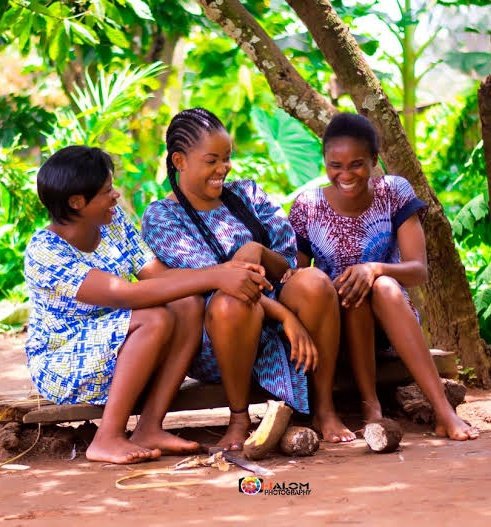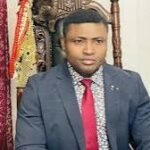The Migration of Okun people from Ile-Ife to Kogi State

Brief History Of Okun People – The Yorubas in Kogi State
The word “Okun” is a general term used to describe the Yoruba people in Kogi state, Nigeria.
Okun people spread across six local government areas in Kogi State, which are; Ìjùmú Kabba-Bunu, Yagba-West, Yagba-East, Mopa-Muro, and Lokoja local government Areas.
They can also be found in some states like Kwara, Ekiti, and Ondo.
They communicate in various Yoruba dialects such as Owé, Ìyàgbà, Ìjùmú, Bùnú and Oworo, but they are generally called Okun irrespective of the dialect spoken.
Okun people speak the common Oyo-Yoruba dialect
fluently even without ever stepping foot out of Kogi.
Okun dialects and way of life is largely influenced by various reasons. Such as Diversity, History, and Geography of kogi state.
The history of Okun People cannot be completed without mentioning the geographical factor,
because it is an important factor that may have shaped the dialect and culture of Okun people. Considering the fact that Kogi state shares boundaries with ten other states which are; Ondo, Ekiti, Kwara, Benue, Niger, Nasarawa, Enugu, Anambra, Edo and the Federal capital territory.
Historical factors have played its part in influencing the Okun identity. The Nupe wars of the 19th century and interaction with the Hausas due to geographical zoning have left a remarkable mark on the Okun people and their way of life.
According to one of the popular oral history, Okun people in Kogi migrated from the ancient town of Ile Ife, the cradle of the Yoruba race. Before spreading out, there was an agreement that everyone would report to Ile-Ife for a yearly meeting.
The man who led a group of Yoruba people to a location (now called YAGBA) in Kogi state broke the rules and did not return for the yearly meeting after several years.
When he eventually returned, he explained that he faced challenges and had lost a larger part of his acquired land to some other migrants.
He was blamed for his incompetence which led to the loss, so he lamented in Yoruba language, ”ÌYÀ ÀGBÀ LÓ JEMÍ” which means the invasion of his acquired land by immigrants was due to lack of having elderly people with him.
Since then, everyone started mocking him at Ile-Ife. They nicknamed him Iya agba, associating this name with him whenever they want to send messages across to him while he’s at his occupied territory, now called Yagba.
On the 27th of august 1991, Okun people were separated from Kwara and merged with Ebira, Igala from Benue state and some other tribes to form the present Kogi state.
For many years, the Okun people faced numerous challenges, ranging from geo-political zoning, disunity, marginalization and problem of identity.
Their persistent efforts to break away and form a new Okun State, have failed to materialize.
Okun people bear typical Yoruba names and many of their towns and villages are named in Yoruba language.









